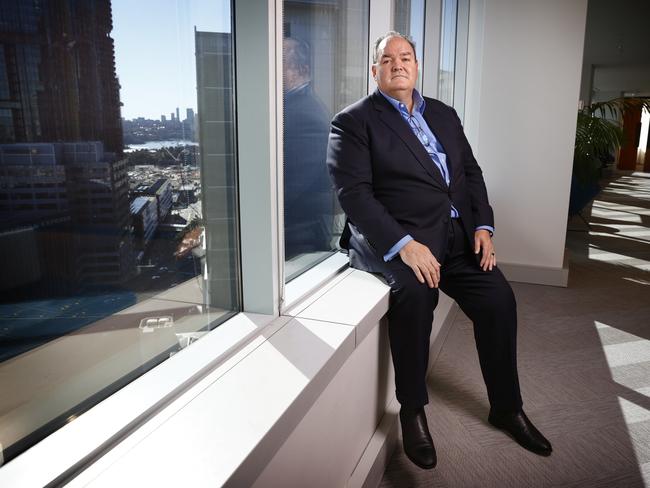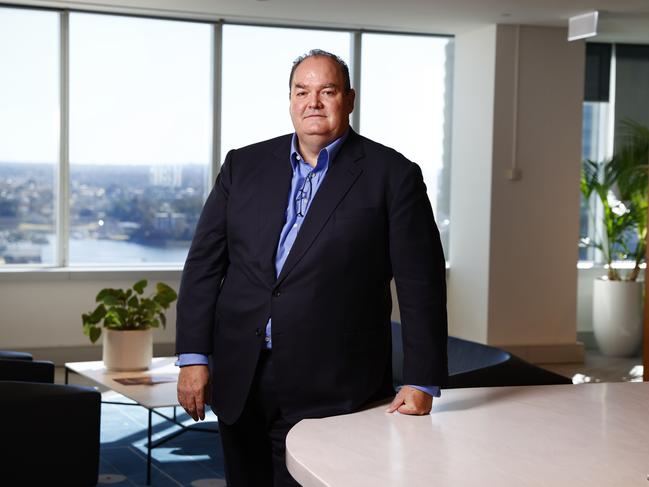Psychological injuries double every four years, employers to brace for mental health storm
Psychological injuries in the workplace are doubling every four years, with compensation claims spurring a warning that employers should brace for a “mental health” storm.
NSW
Don't miss out on the headlines from NSW. Followed categories will be added to My News.
Workers’ compensation claims for psychological injuries are doubling every four years and experts warning that employers are staring down the barrel at a “mental health” storm.
Government insurer iCare boss Richard Harding said mental health was set to become the “single greatest workplace issue” over the coming years, with mental health claims growing by 13 to 17 per cent per year.
Only half of the people who leave the workplace for mental health reasons are able to return to work within six months compared to 90 per cent of people with physical issues.
Work pressure, bullying and harassment are driving the bulk of the claims, according to figures from iCare, and the most common issues are anxiety and depression.
Mr Harding also blamed a rise in mental health issues outside the workplace and the 24/7 nature of working from home for the rising number of mental health claims.

He said it was time for employers to take mental health out of the “too-hard basket” and make their workplaces “psychologically safe”.
“It’s as much a leadership issue as it is an individual issue … It’s shown that return-to-work rates improve by about 25 to 30 per cent just by the amount of engagement they have with their leadership,” Mr Harding said.

“It’s a very difficult thing we have to overcome as a community and as businesses.”
Mr Harding said the UK had already seen the “mental health storm” that is on the horizon for Australia.
“In the 1970s, we had the big focus on physical safety and injury management and death. Now, we need to have a focus on psychological safety,” he said.
“Over half of the clients we see … are triggered by work pressure, bullying and harassment.”
He added that although the pandemic prompted more flexible working arrangements, it also created a culture where it’s difficult to put boundaries around working hours.
“It’s not intentional, it’s just the way we are now starting to work … We (need) to make sure that we are balancing out.”





